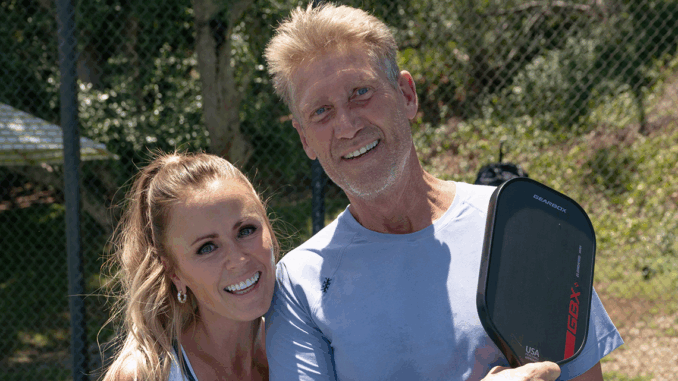
Breaking the Mold in Reality TV
When ABC announced The Golden Bachelor, many were skeptical. Could a show featuring contestants over 60 really capture the excitement of its younger counterparts? The answer came swiftly—and emphatically: yes. Viewers didn’t just tune in, they embraced it. But this success didn’t happen overnight. Behind the scenes, The Golden Bachelor was the result of careful planning, bold risk-taking, and a desire to tell new kinds of love stories.
In a media landscape obsessed with youth, creating a show that centers mature adults required a shift in vision. And that shift paid off in a big way.
A Long Time in the Making
ABC had floated the idea of a senior-focused Bachelor spin-off for years. Casting calls began as far back as 2020, with producers seeking people aged 60 and older “looking for love.” But the project was delayed, in part due to the pandemic, and also because there was no blueprint for how to do it well. Unlike the typical dating shows, this version would need a different tone—less glamor and spectacle, more heart and substance.
When the right lead finally emerged—Gerry Turner—the pieces started to fall into place. His story of love, loss, and openness struck a chord with producers and potential viewers alike.
Casting With Care
One of the biggest challenges was casting. The women needed to be dynamic, interesting, and emotionally available—but they also had to represent the diversity and life experience of the show’s target age group.
Producers looked for more than just good looks or charisma. They wanted women with stories. Contestants were chosen based on their backgrounds, values, and their willingness to be vulnerable on camera. Many had been widowed or divorced. Some were lifelong singles. All were looking for something real—and they weren’t afraid to say it.
This approach resulted in a cast that felt authentic. These were not fame-seekers, but real people looking for connection. Their honesty became one of the show’s greatest strengths.
A Different Production Approach

Filming The Golden Bachelor wasn’t like producing a typical Bachelor season. The tone had to reflect the maturity of its cast. While there were still rose ceremonies and romantic dates, the atmosphere was gentler, more respectful.
The producers also created space for meaningful conversations. Editing choices leaned into emotional beats, allowing moments of grief, joy, and reflection to shine through. The music, lighting, and pace were all calibrated to support a warmer, more intimate viewer experience.
In fact, many viewers noted that The Golden Bachelor felt more like a heartfelt documentary than a reality show—and that’s exactly what producers were hoping to achieve.
Support Behind the Camera
Understanding that older contestants might have unique needs, the production team made accommodations. Schedules were less grueling, downtime was encouraged, and there was greater access to emotional support. After all, many contestants were sharing painful personal stories—about spouses lost, health battles, or loneliness in later life.
Producers worked closely with participants to ensure they felt heard and respected. This culture of care translated on screen, where genuine affection and mutual respect became the show’s emotional foundation.
Reactions Within the Franchise
Internally, the show was something of a risk for ABC. No one knew if Bachelor Nation would embrace such a dramatic departure from the norm. But the overwhelmingly positive response quickly validated the gamble.
Many longtime fans praised the emotional depth and maturity of the show. Even younger viewers found themselves hooked by the sincerity of the stories. In an age of curated personas and Instagram fame, The Golden Bachelor offered something rare: real people with real feelings.
Changing the Industry
The success of The Golden Bachelor may influence more than just reality TV. Its impact extends into broader media conversations about age representation. For decades, older adults have been largely invisible in romantic narratives. This show challenges that—and proves that audiences are eager for these kinds of stories.
Already, producers are considering more senior-focused content, including possible spin-offs or even a Golden Bachelorette. The show has also sparked renewed interest in how we portray love, grief, and companionship on television.
A Legacy of Realness
At its core, The Golden Bachelor works because it honors its cast. It doesn’t mock or patronize. It celebrates their lives, listens to their stories, and allows them to shine. That spirit of authenticity has resonated in ways no one could have predicted.
Behind every rose and every heartfelt goodbye, there is a team committed to telling the truth about love—not the filtered version, but the messy, beautiful, late-in-life kind that doesn’t always get the spotlight. Now, thanks to this show, it does.